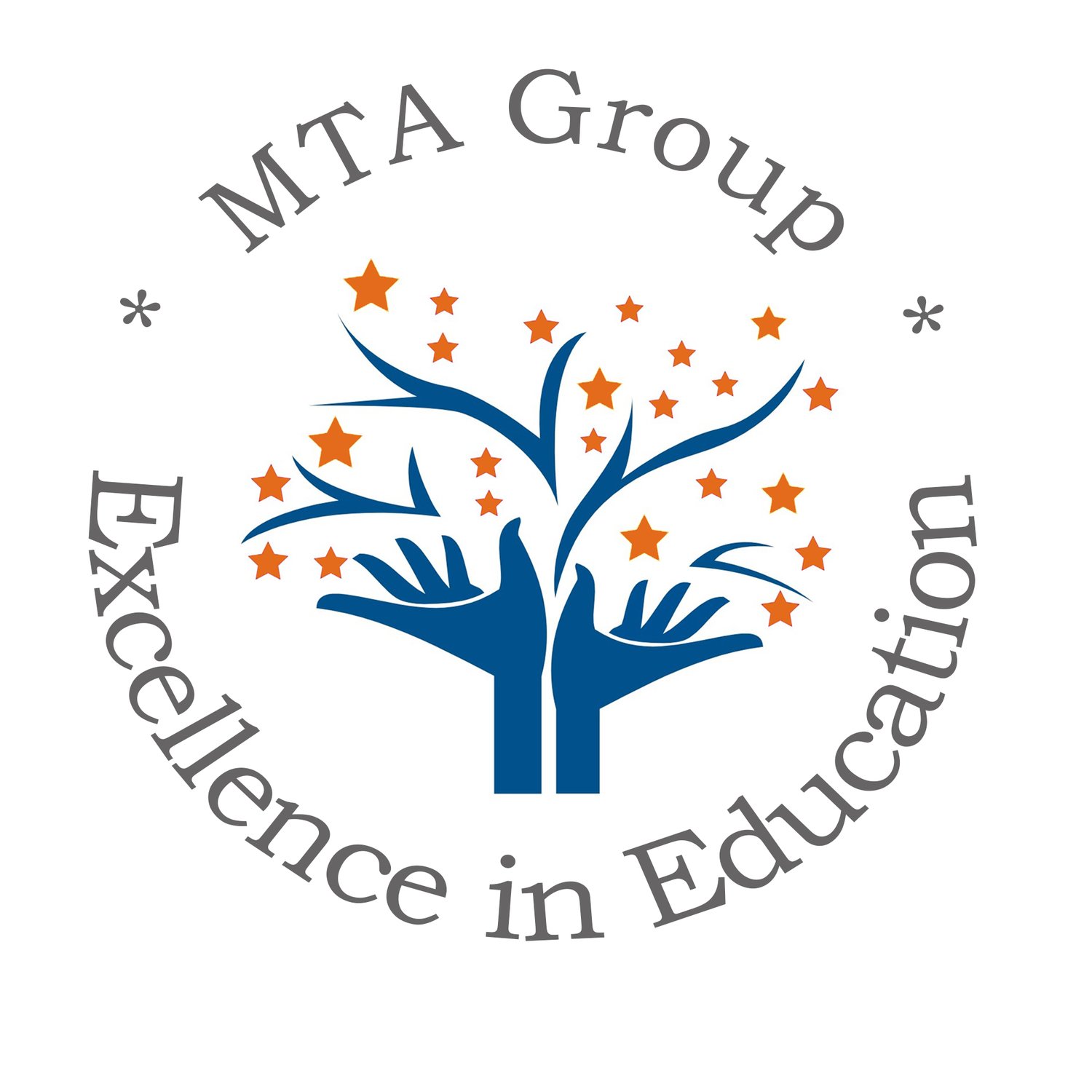
Chemistry
When a student says science is boring our senior tutors cringe!
They are passionate about science and truly believe that with the correct guidance, practice and good communication every student can achieve their academic goals.
At MTA we are able to tutor and mentor in Chemistry, Physics, Biology and Marine Biology.
In each subject area we focus on a number of key disciplines:
Understand and consolidate the key knowledge areas.
Use learning styles to retain knowledge.
Understand the examination questions.
Understand what the examiner requires.
Understand what and how to practice.
PRACTICE!!
At The MTA Group we cover a wide range of topics across all exam boards for secondary, IGCSE, A Level and IB.
Principles of Chemistry
Inorganic Chemistry
Physical Chemistry
Organic Chemistry
Our computing curriculum helps learners understand how computers work. This stimulating course gives students the opportunity to look inside a computer to understand the purpose of different components. They will develop coding skills in text-based programming languages, such as Python, and learn that computers can only perform actions that humans ask them to do.
What will students learn?
Students develop the computational thinking skills and vocabulary they need to:
extract key information from a set of instructions, break down problems into smaller parts and recognise patterns within sequences of instructions
present sequences of instructions both verbally and visually, with increasing precision
think logically to identify and solve errors in increasingly complex computing scenarios
see themselves as computer scientists and understand how skills such as programming and logical thinking help in local and global industries
understand the role that computers, other machines and data play in their lives.
We have divided the curriculum into five strands:
Computational Thinking supports learners to create and present solutions to problems using algorithms, logic and precision.
Programming helps learners to understand the common constructs of programming languages and to appreciate the contribution that Computer Scientists make to our lives.
Managing Data encourages learners to reflect on how computers store and analyse data on an ever-increasing scale.
Networks and Digital Communication shows how computers and other machines communicate with each other across networks and how the networks are created through a combination of hardware and data transmission protocols.
Computer Systems helps learners to understand that computers follow precise sets of instruction to process inputs that are given by humans, to make decisions and produce outputs.

